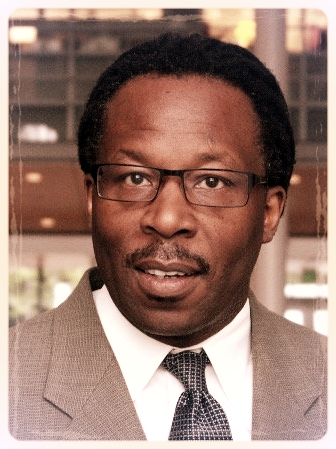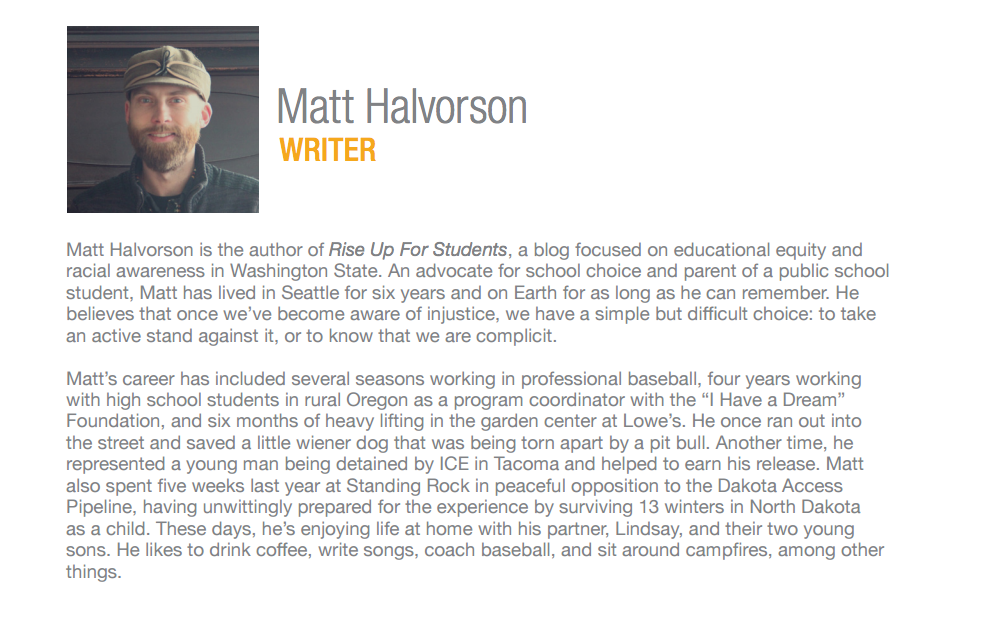Josh Barro published an article this week in Business Insider contending that liberals will regain political power if they can just stop being so annoying and morally overbearing. Basically, according to Barro, liberals seem worried about — and critical of — just about everything.
As in, oh, you’re going to have some chicken for dinner with your family tonight? Well, that’s not cool because the chicken was factory farmed.
Oh, you’re going to drive somewhere? Using gas? Don’t you know what oil drilling is doing to the planet? You can see fracking sites from outer space.
Oh, you’re banking with a for-profit big bank? Don’t you know what awful things they support? Don’t you know about credit unions?
Oh, you’re sending your kid to private school? Or a charter school? Or a public school? Or whatever? Don’t you know about the opportunity gap? Don’t you know that you’re gentrifying the neighborhood? Don’t you know you’re the problem? Don’t you know we’re critical of your choices?
Typical voters, according to Barro, “do not like being told to feel guilty about personal choices.”
Well, sure. I get it. That's not a thrilling experience for anybody. But here’s the problem with all of this: all these things deserve to be criticized. In fact, marginalized communities often urgently needs us to be critical of the status quo. Nothing we're talking about here is beyond reproach, yet we find it unbearably annoying to be reminded of why reproach might actually be appropriate.
Why? How did we get here?
For one thing, our egos are fragile and we don’t like feeling criticized, let alone being told that our decisions and actions are having a negative impact on groups of people, on the environment, on anything. We don't like being asked to consider that we might be the villain, at least in some ways or from some perspectives.
But it runs deeper than that. We’re not irrational creatures. When we make destructive choices, we’re not usually making them simply for the sake of destruction. We tend to behave in ways that we believe will reward us. When we instead act in ways that run counter to our overall best interests — when we make decisions that are unhealthy, or short-sighted, or dangerous, let’s say — or when we act in ways that hurt our neighbors, or that go against what’s best for ourselves or the community or the Earth, there must be a reason.
So, the question is this: why, right now, are we acting against our own self-interest, both personally and planetarily? Why, in other words, are liberals feeling the need to be so annoying to folks like Josh Barro?
I think it’s because the society we’ve constructed is based around one fundamental question: can I make money doing that? That’s the crux of capitalism. The man-made economic system around which we base our entire everything doesn’t care if something is “good,” so it doesn’t necessarily reward it. It doesn’t care if something is “bad” either. It doesn't care about fairness or equity or love. Something only needs to be profitable to be encouraged into existence.
That means that when someone comes up with a way to more efficiently harvest living animals, for instance, it doesn’t matter that the animals are suffering — not to the system, not if it’s a moneymaker. It doesn’t matter, ultimately, that the more-efficient process will do damage to the atmosphere and the Earth. It doesn’t matter that most frozen chicken breasts are injected with water before they’re sold to increase the weight and the price. It doesn’t matter that this water almost always has measurable amounts of feces in it. It’s profitable, so it continues. And it’s cheap, or it’s convenient, or it’s available, or something, and so we continue to consume it.
Similarly, we’ll dismiss potentially innovative ideas in education because we can’t fund them, or more often — and more subtly — because they will upset the status quo that is paying so many, many salaries.
You don’t have to reach far for examples of all shapes and sizes. For-profit prisons, for instance. Anything made of plastic or styrofoam that wasn’t utterly necessary. Just about all advertising. The fact that we’re quickly emptying the Earth of its bees, fish and buffalo, to name a few. The factions that continue to withhold school choice from families who can’t afford it, forcing them instead to send their children into schools that will discriminate against them.
We wouldn’t do these things if we weren’t being tricked into it by a faulty reward system. Imagine a world in which it is just not profitable to sell chicken breasts that have been augmented with shit water. It wouldn’t be done. It wouldn’t happen. People don’t tend to love letting raw meat soak up poopy water for the inherent value of the activity, I don’t think. But when watering down those chicken breasts will be rewarded with extra money in a system built on fear and perceived scarcity, suddenly we can convince ourselves it’s a reasonable idea.
We’re locked into a system that truly judges an idea’s merit solely on its potential to get you paid or to get itself funded. We have to look around and be willing to change our minds. America’s collective consciousness has to shift such that we look at the same world and reach different conclusions, that we are given the same opportunities and start to take different actions.
We can’t just legislate our way out of this. Not within our current parameters. Our values have to change — and not just what we say we value, but what we show that we value. We have to change what we do as a society. We have to change the structure through which we function.
That’s why liberals, I think — as well as those of us who find ourselves much further left than liberal, or maybe not on this linear spectrum at all — are finding themselves backed into this role of being moral police. It’s not illegal to factory farm chickens under truly horrific conditions, and it’s going to be really damn hard to make it illegal. So we find ourselves trying to encourage you to not want it, even though it’s out there fitting all the criteria. That's no easy task. We have to try to convince you to act against your own self-interest within the game of capitalism. I want you to not seek the reward we’ve been conditioned to seek. I want you to make up your own rules and your own game instead of chasing the money all the way to hell, but I can’t coerce it.
There’s an old idiom that says you don’t change a racist’s mind by calling him a racist. Michael Petrilli’s version was to tweet that “The ‘check your privilege’ stuff doesn't work.” Sort of like how a person doesn’t immediately become less of a butthole after you point out that he’s being a butthole. We're more likely to get defensive. It's natural.
But at the same time, if you’re perpetuating racism, you might not know it until someone tells you. We all need to be reminded from time to time. Sometimes we need someone to wake us up and tell us we’re being a huge ass, even if it’s not super fun to hear it. Even if it takes years for the message to sink in.
So, that’s why I do my best to call out inequity without pulling any punches. That’s why I keep ranting about capitalism: because I have to convince you that the reward you’re chasing isn’t worth it. That it’s not even real to begin with.
I can’t make it illegal to eat bad chicken. I just want you to not want to buy it. I can’t seem to force anyone to change the name of the NFL team in Washington DC, or the baseball team in Cleveland. I can only hope folks change their minds and do my part to encourage them to do so. I can’t make it illegal, it seems, to turn a blind eye to the discrimination and inequity in our schools, so I just have to keep pestering you to pay attention. If I don’t, through my silence and inaction I’m part of the problem, and nothing will change. And we’ll all just keep eating chicken shit.
Sorry I’m not sorry if that’s annoying.
















